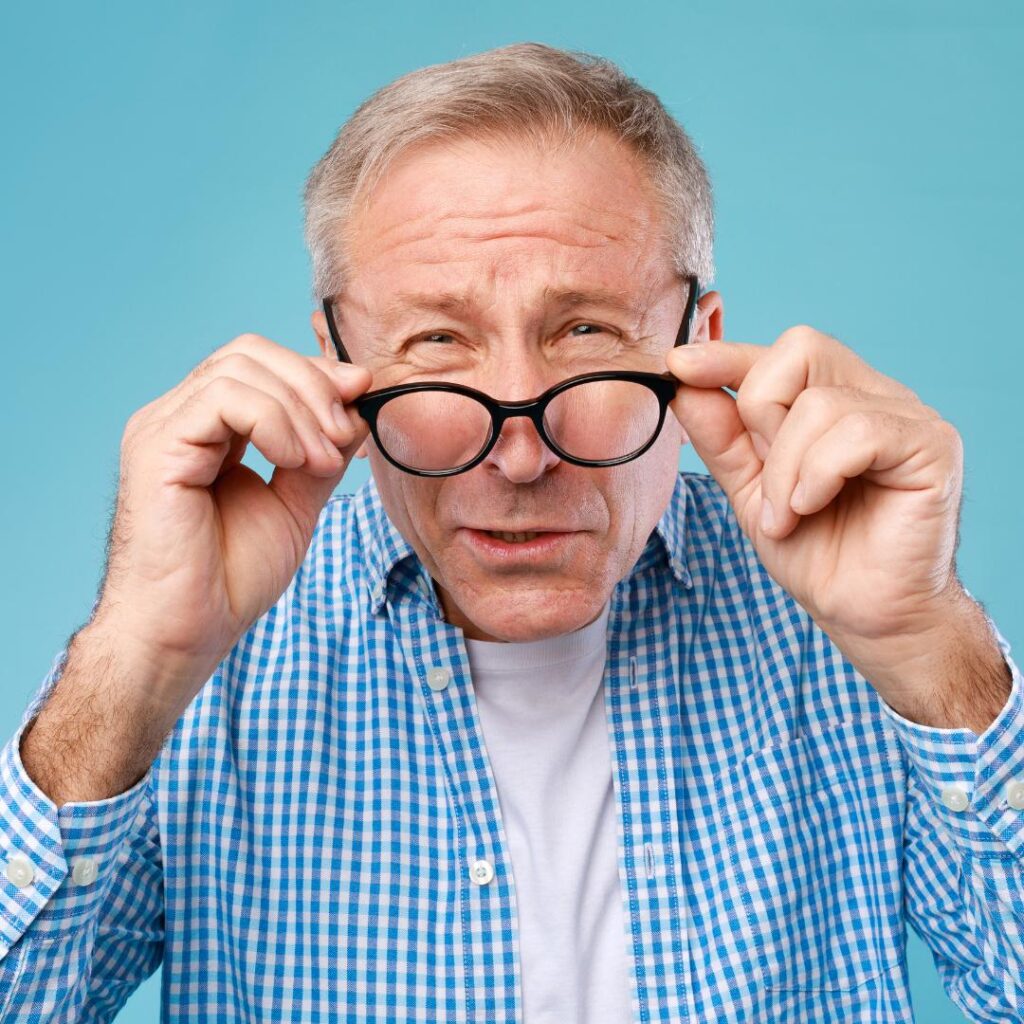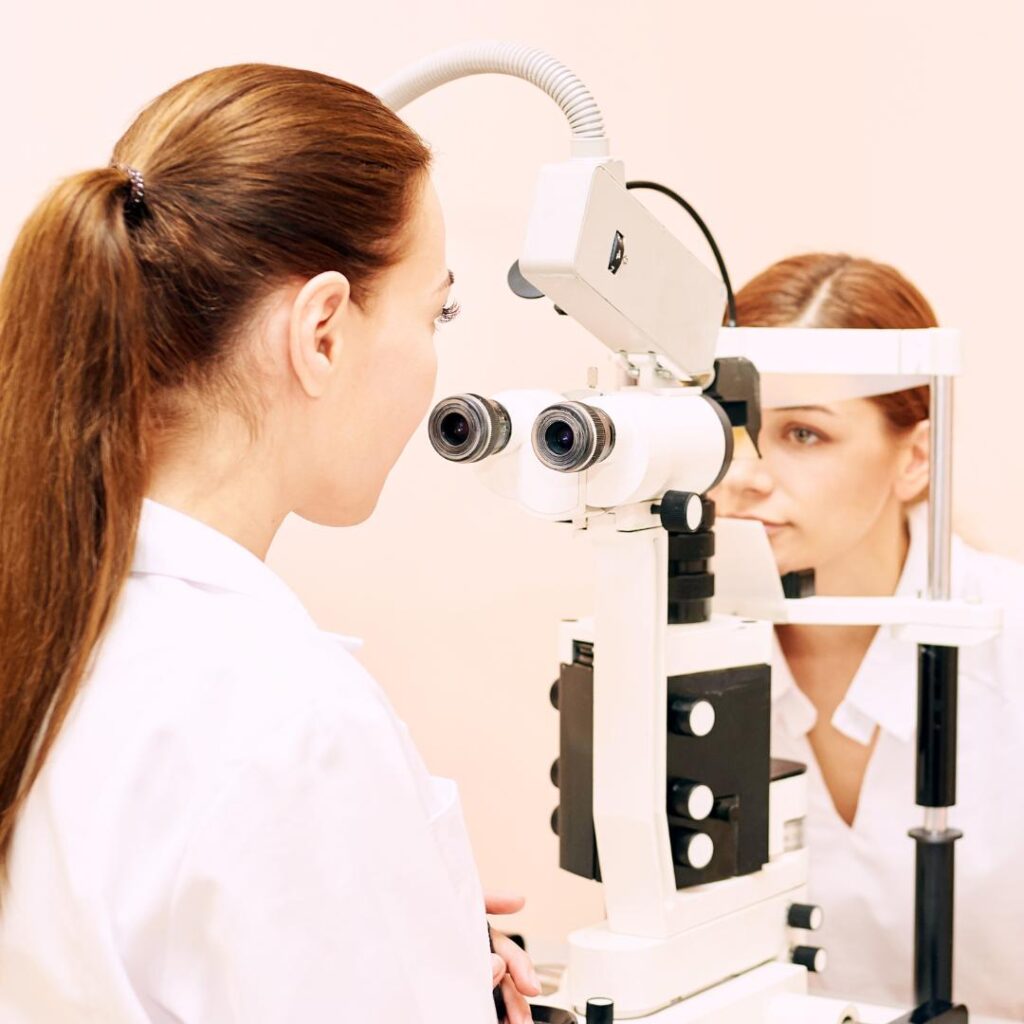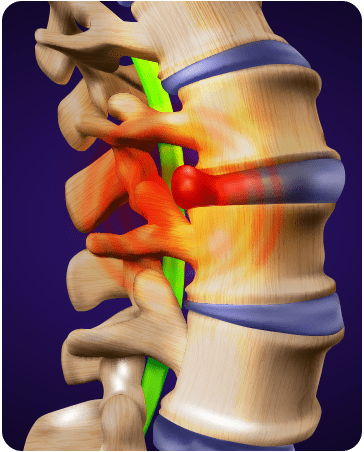
Age-related Macular Degeneration (AMD) is a common eye condition among seniors in Singapore, and it is a major cause of vision loss and blindness. AMD affects the macula, a small spot at the back of the eye that helps with central vision. As Singapore’s ageing population grows, the prevalence of AMD is expected to rise. It’s important to understand the symptoms, risk factors, and treatments for AMD to help protect your vision.
What is Age-Related Macular Degeneration?
Age-related Macular Degeneration is a medical condition that affects the macula, a small spot at the back of the eye responsible for central vision. It is the leading cause of vision loss and blindness in people over the age of 60. AMD usually affects both eyes, though it may be more severe in one eye than the other.
The condition falls into two categories: wet AMD and dry AMD. In wet AMD, the blood vessels behind the macula become leaky and cause scarring. In dry AMD, the macula slowly thins and can cause blurred or distorted vision.
Who is at Risk of Developing Age-Related Macular Degeneration?
Anyone can develop AMD, regardless of age, but it is more common in people over the age of 60. Risk factors for developing AMD include:
- Age – The risk of developing AMD increases with age.
- Genetics – People with a family history of AMD are more likely to develop the condition.
- Race – Caucasians are at an increased risk of AMD, compared to other races.
- Smoking – Smoking is a major risk factor for AMD and smokers are more likely to develop the condition.
- Diet – Eating a diet rich in fruits and vegetables may help reduce the risk of AMD.
What Are the Symptoms of Age-Related Macular Degeneration?
The symptoms of AMD vary from person to person, but some common symptoms include:
- Blurred or distorted central vision
- Difficulty reading or recognizing faces
- Needing more light to see
- Seeing straight lines as wavy or distorted
- Having difficulty adapting to low-light conditions
- Having difficulty seeing colours
How is Age-Related Macular Degeneration Diagnosed?

If you are experiencing any of the symptoms of AMD, it is important to see an eye doctor or eye specialist in Singapore as soon as possible. An eye doctor can perform an eye exam to detect AMD and provide the appropriate treatment.
During the exam, the eye doctor will ask questions about your medical history and symptoms and will perform a visual acuity test to check your vision. The doctor may also use imaging tests such as optical coherence tomography (OCT) or fluorescein angiography to examine the back of the eye.
How is Age-Related Macular Degeneration Treated?
The treatment for AMD depends on the type and severity of the condition. For wet AMD, treatments may include injections of medication into the eye, laser surgery, or photodynamic therapy. For dry AMD, treatments may include vitamins and supplements, low vision aids, and lifestyle changes.
It is important to follow your eye doctor’s instructions and attend all follow-up appointments. Early detection and treatment can help slow the progression of AMD and reduce the risk of vision loss.
Conclusion
Age-related Macular Degeneration is a common eye condition among seniors in Singapore and it is a major cause of vision loss and blindness. It is important to understand the symptoms, risk factors, and treatments for AMD to help protect your vision. If you are experiencing any of the symptoms of AMD, it is important to see an eye doctor or eye specialist in Singapore as soon as possible. Early detection and treatment can help slow the progression of AMD and reduce the risk of vision loss.
Visit Nova Eye Centre for expert eye care and treatment services!



